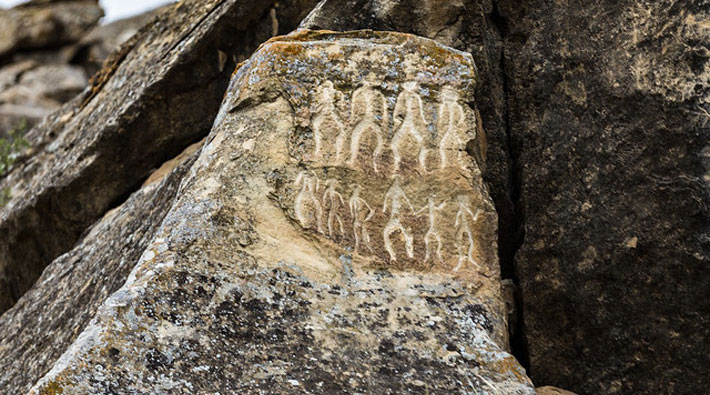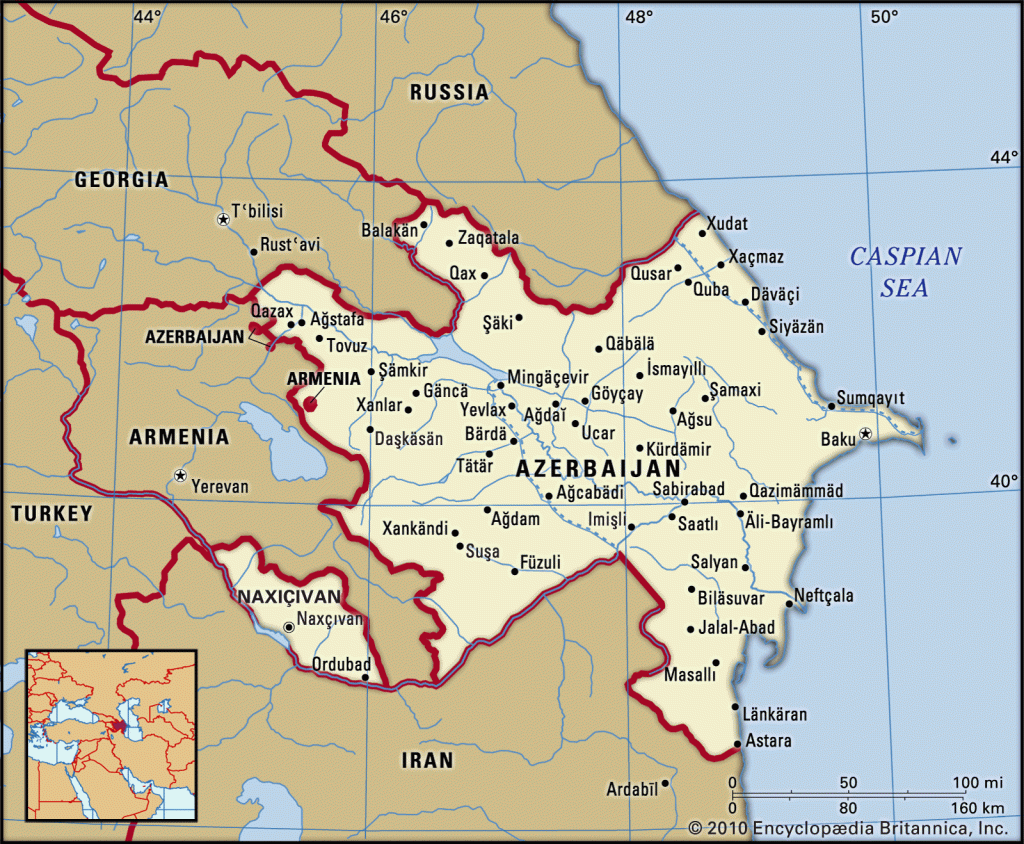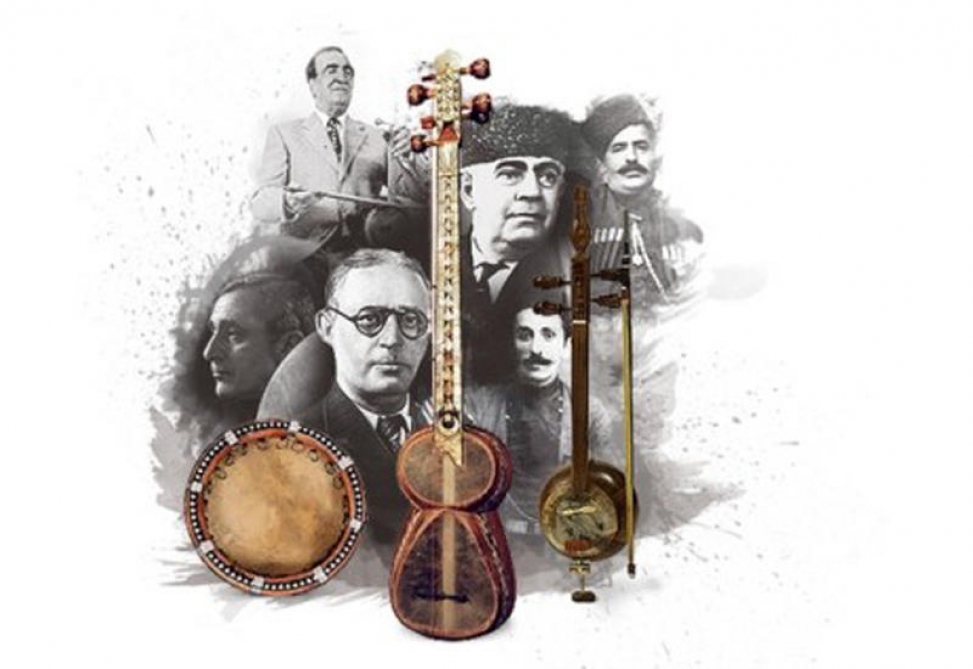Where East meets West
Azerbaijan is a land where East meets West, where ancient culture thrives alongside modern ambition. Nestled in the South Caucasus, between the Caspian Sea and the Caucasus Mountains, Azerbaijan is a country of breathtaking landscapes, rich history, and vibrant traditions.
Known as the first secular democratic republic in the Muslim world (established in 1918), Azerbaijan is a nation built on values of tolerance, innovation, and cultural pride. Its capital, Baku, is a city of contrasts—where medieval architecture, futuristic skyscrapers, and the rhythm of the Caspian Sea all coexist.
Azerbaijan’s cultural heritage is legendary: from the lyrical poetry of Nizami Ganjavi, the soulful music of mugham, and colorful handwoven carpets, to the joyful spring festival of Novruz. Its cuisine is just as rich—featuring saffron rice, kebabs, dolma, and sweets shared among families and friends.
The country’s natural beauty ranges from mud volcanoes and fire mountains to alpine meadows and tea plantations. Azerbaijan is one of the few places in the world where you can witness burning natural gas from the ground—a symbol of its deep connection with fire and energy.
Today, Azerbaijan is an active member of the international community, with a growing diaspora that proudly shares its culture across the globe. The Azerbaijani people are known for their warmth, hospitality, and strong sense of community—values The House of Azerbaijan is proud to carry forward.
History
- First secular democratic republic in the Muslim world (1918)
- Was part of the Silk Road, connecting East and West for centuries
- Gained independence from the Soviet Union in 1991
- Rich heritage from Caucasian Albania, Persian, and Turkic civilizations
- Home to medieval scholars and poets, including Nizami Ganjavi


Geography
- Located in the South Caucasus, between Europe and Asia
- Borders: Russia, Iran, Georgia, Armenia, and the Caspian Sea
- Capital city: Baku – located on the Caspian coast
- Unique natural landmarks:
- Mud volcanoes (world's largest concentration)
- Burning Mountain (Yanar Dağ) – natural eternal flame
- Nine climate zones out of the world’s eleven
- Mud volcanoes (world's largest concentration)
Culture
- Famous for mugham music, carpet weaving, and miniature art
- Celebrates Novruz as a major traditional holiday
- Azerbaijani cuisine: plov (saffron rice), dolma, kebabs, qutab, baklava
- Known for hospitality, strong family values, and intercultural tolerance


Known Personalities
- Nizami Ganjavi – 12th-century poet and philosopher (author of Khamsa)
- Uzeyir Hajibeyli – composer of the first opera in the Islamic world
- Heydar Aliyev – national leader and former president
- Garabag mugham masters – guardians of traditional music
- Tahmina Gurbanova, Narmin Khalafova – young talents representing Azerbaijan globallyAzerbaijani athletes and chess champions – globally recognized
Azerbaijani music
USA–Azerbaijan: A Growing Partnership
The United States recognized Azerbaijan’s independence in 1991, and since then, the two nations have built strong diplomatic, economic, and cultural ties. The U.S. has supported Azerbaijan’s energy independence and democratic development, while Azerbaijan has been a reliable regional partner in security and international cooperation.
Cultural and educational exchanges—through programs like Fulbright and FLEX—have deepened understanding between the people of both countries. The Azerbaijani-American community plays a key role in strengthening this bond, celebrating Azerbaijani heritage while promoting friendship and unity.
Together, the USA and Azerbaijan continue to grow as partners in democracy, innovation, and cultural diversity.


